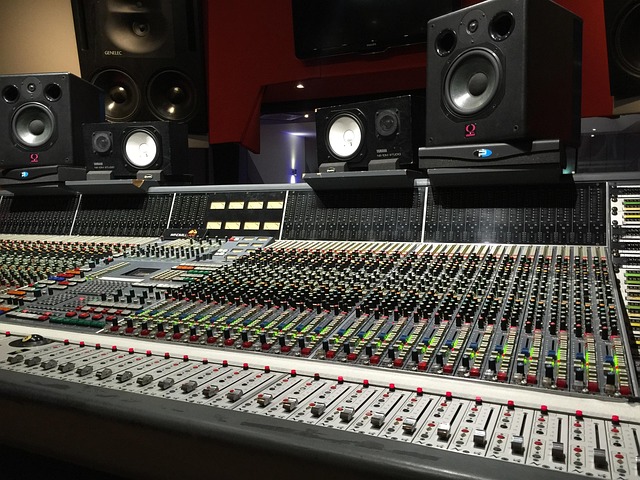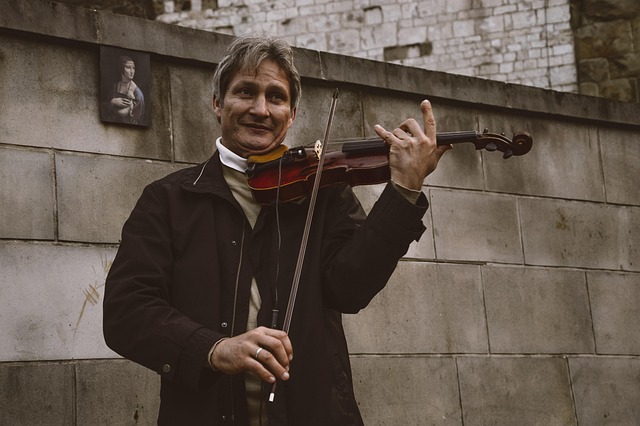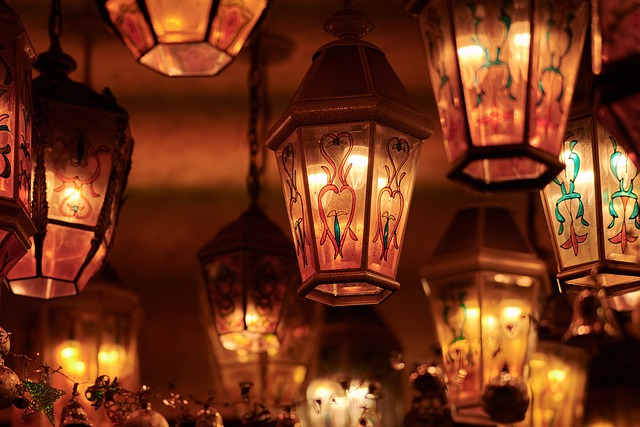The Artistry of Sound: A Concert Sound Engineer’s Guide to Dominating the Entertainment Industry
In the vibrant, adrenaline-charged world of concerts and festivals, there’s an invisible artist shaping every note, every beat, every word spoken into a microphone. That artist is a sound engineer. While the crowd watches the performers channel raw emotion from center stage, it’s the sound engineer who ensures that the audience feels every nuance right down to their bones. Without their touch, the most captivating live performances could fall flat.
Sound engineering in the context of live concerts is a dance between science and art. It’s more than just knowing how to push sliders or rig up a PA system. It’s about translating the emotional core of a performance into a visceral experience for thousands of people. Whether it’s a local indie band or a global megastar, the responsibility of a sound engineer is to bring their sound to life in every venue—from intimate clubs to sprawling open-air festivals.
Within the entertainment industry, especially in the modern age, the demand for top-tier audio experience is non-negotiable. Audiences have grown to expect high fidelity, whether they’re at a sold-out arena or watching a live-streamed show. A skilled concert sound engineer must adapt to evolving tech, shifting audience expectations, and the particular atmosphere of each event. From ensuring clarity in a roaring crowd to balancing bass that can shake rooftops without drowning melody, their skills are pivotal.
Festivals add an entirely new layer of complexity. Multiple stages, overlapping performances, varying artist demands, and outdoor acoustics create an ever-changing environment. A seasoned sound engineer thrives in this controlled chaos, navigating quick changeovers, unpredictable weather, and the challenge of ensuring consistency across a wide variety of acts and genres.
And then there’s cinema. Though it may seem a world apart from concerts, the crossover is significant. The live mixing skills that serve so well in high-pressure concert settings can translate directly to immersive audio design for film. A concert sound engineer’s ear for dynamics, timing, and emotional resonance often finds a home behind the scenes in the world of cinematic soundtracks and sound effects engineering—blurring the lines between music and motion picture arts.
In the broader music industry, the unsung heroes working the mixing boards are more crucial than ever. They bridge the gap between inspiration and experience, capturing the essence of a song and supporting the artist in moments that matter most. With streaming platforms delivering crisp studio mixes to fans’ earbuds, live sound must now not only match but often exceed those standards.
Ultimately, being a concert sound engineer is about more than technical knowledge—it’s about empathy, creativity, and an unwavering commitment to perfection. Every show is a live canvas, and the sound engineer wields the brush that paints emotion in the air.



